Tips for Midlife Adventures in Switzerland
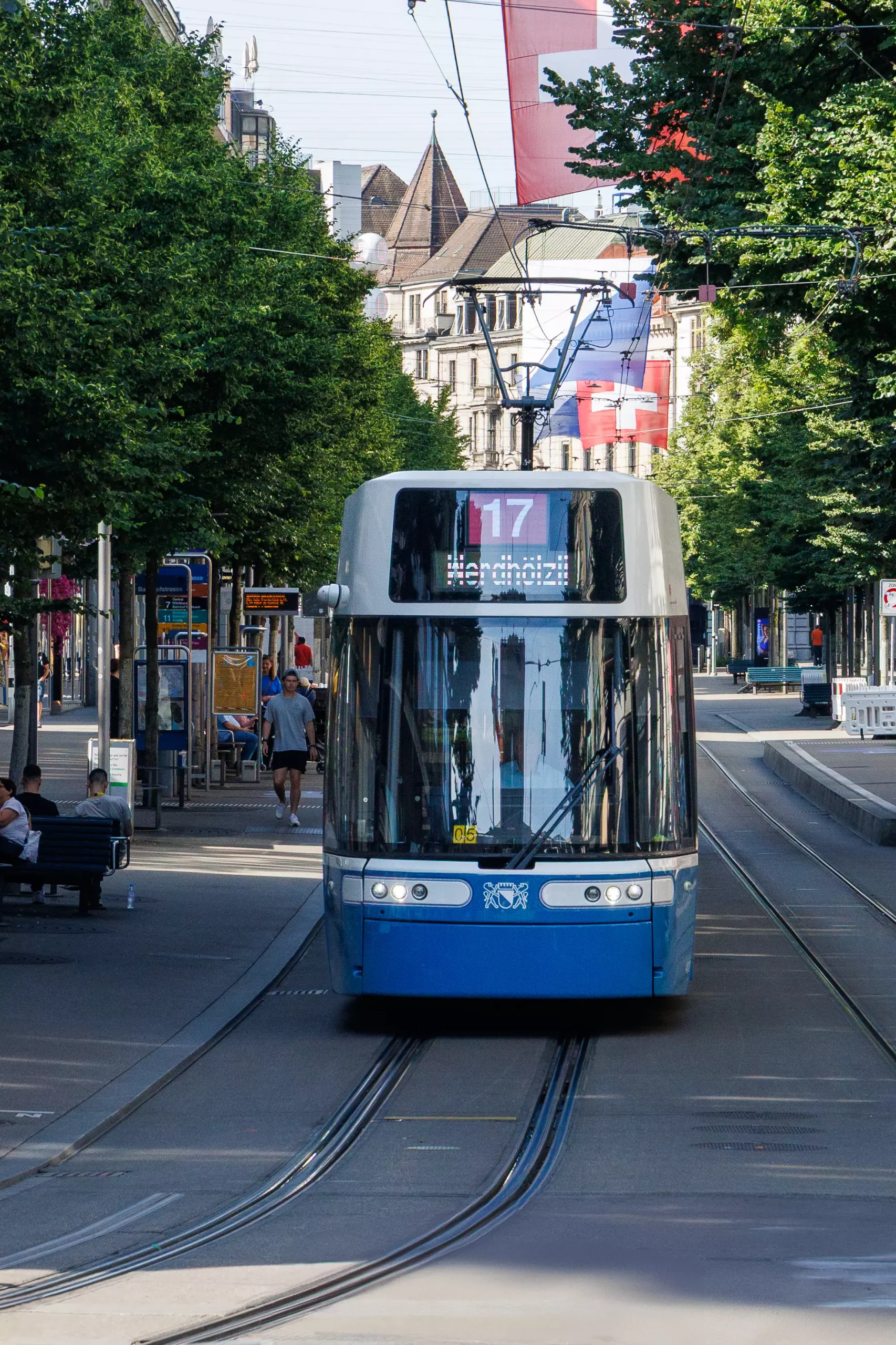
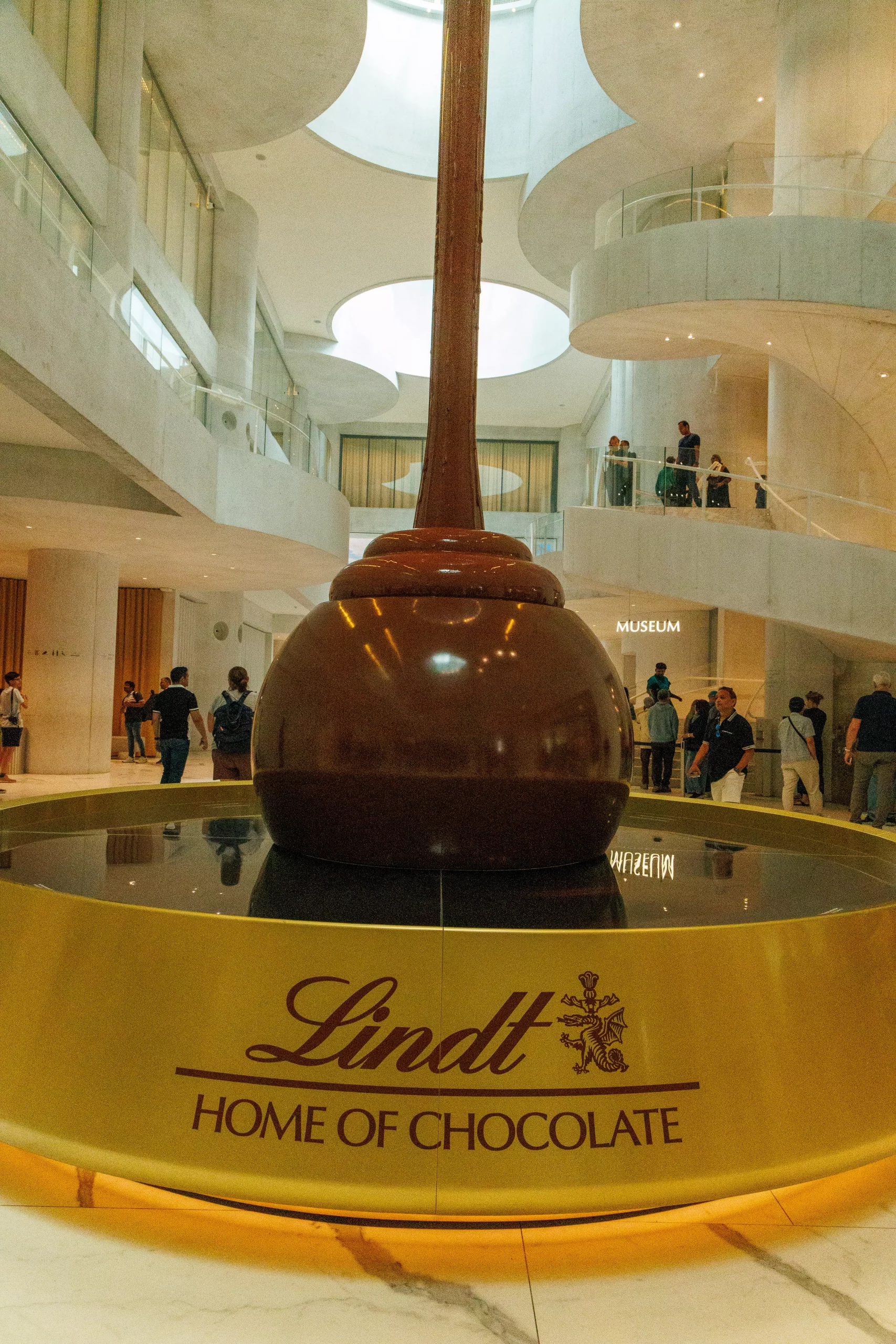
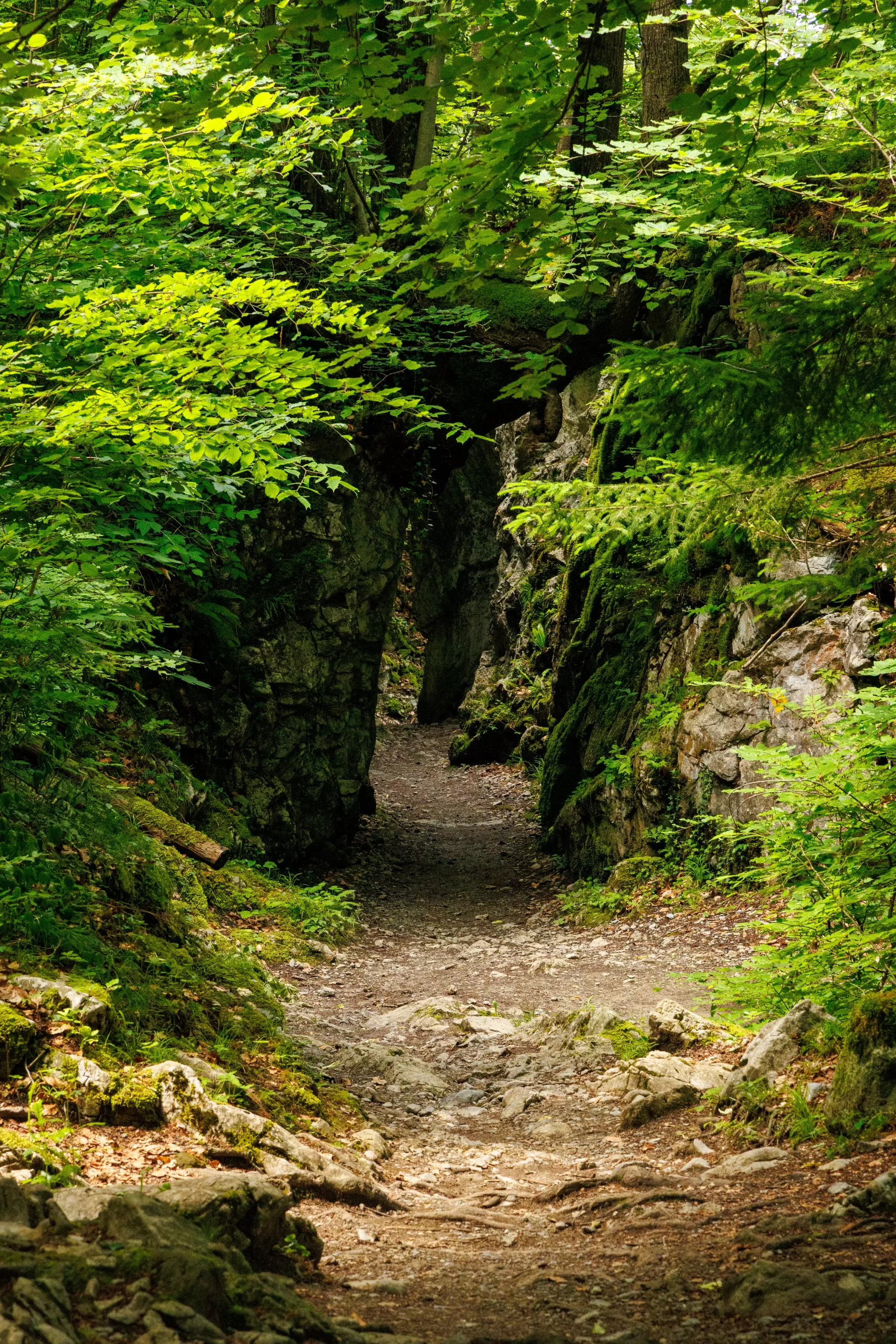
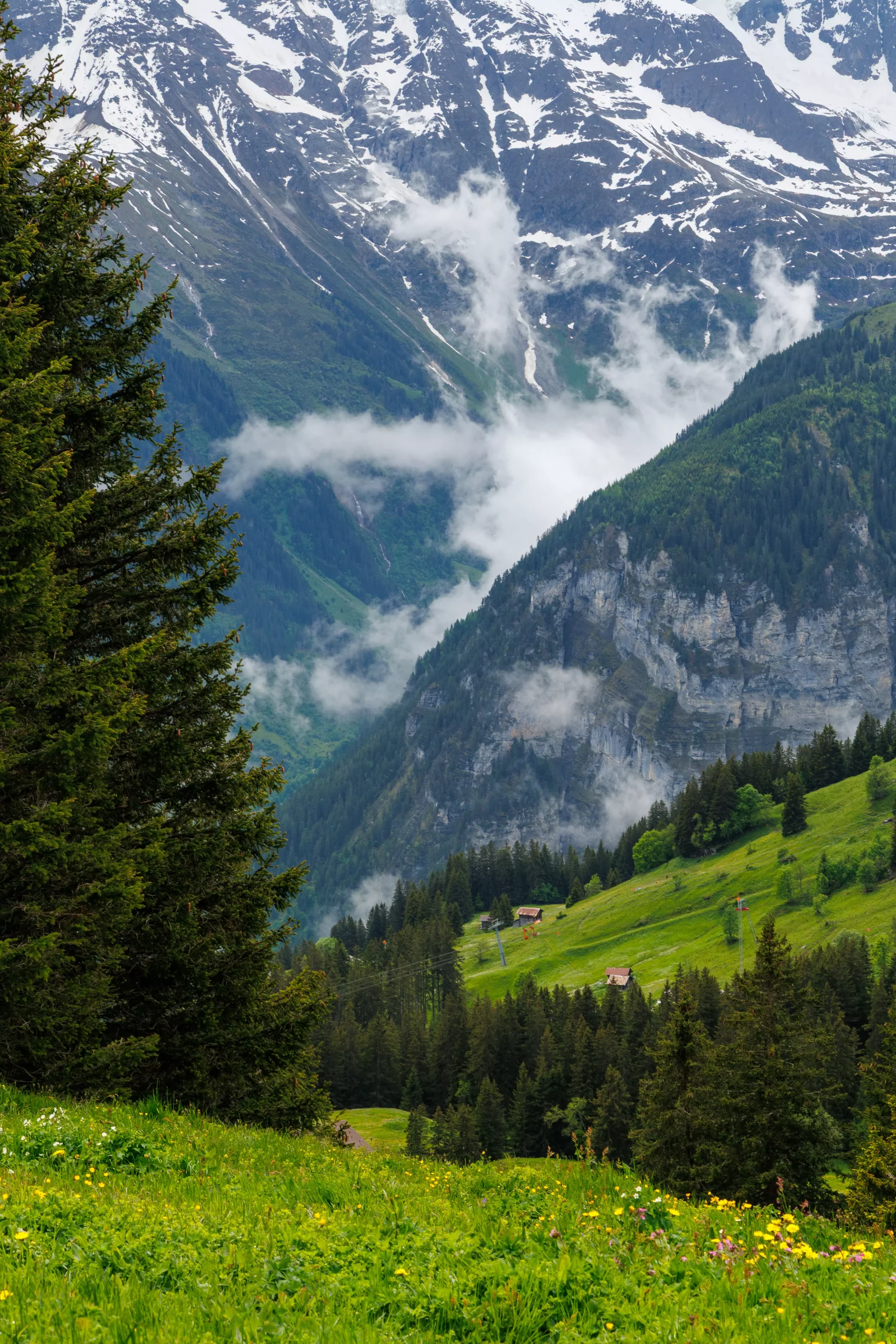
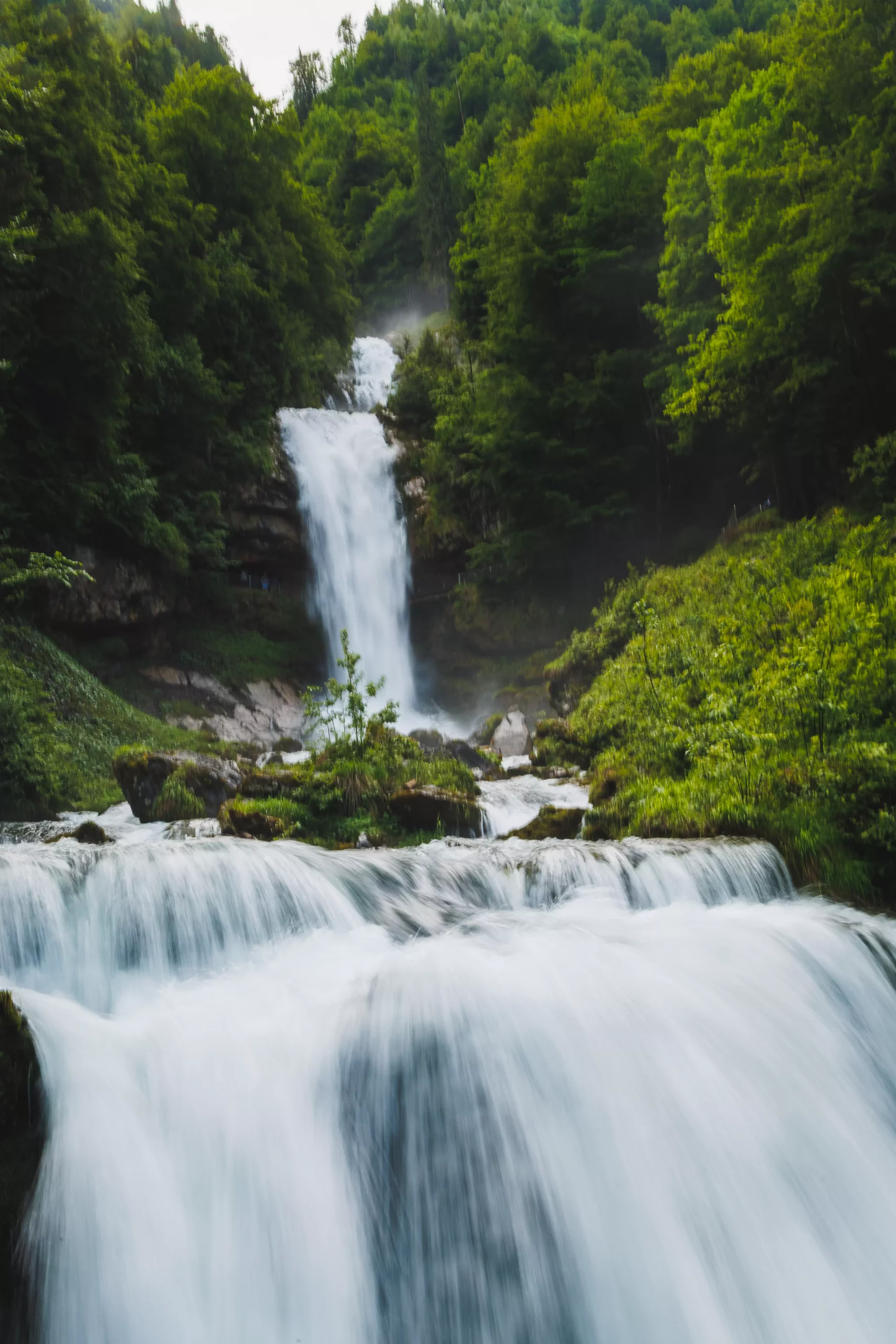
Here are your tips for midlife adventures in Switzerland, this will help you understand key aspects of the culture, transportation, and unique customs can greatly enhance your experience. Here’s what you need to know before you go:
Language and Culture
- Switzerland has four official languages: German, French, Italian, and Romansh. German is the most widely spoken, but language regions vary by area.
- Learning some basic phrases in the local languages can be very helpful.
- Swiss culture values punctuality, politeness, and respect for the environment.
Currency and Costs
- Switzerland uses the Swiss Franc (CHF), not the Euro. While some places may accept Euros, change will likely be given in Swiss Francs.
- Expect to pay more, especially in major cities and tourist areas. Budgeting in advance can make a significant difference.
Transportation
- The Swiss Travel Pass offers unlimited travel on the country’s excellent public transport network, including trains, buses, and boats.
- Swiss trains are world-renowned for their punctuality and efficiency. Scenic routes like the Glacier Express provide breathtaking landscapes.
- Many towns are pedestrian-friendly, so comfortable walking shoes are essential.
Weather and Best Time to Visit
- Switzerland’s climate varies. Winter is perfect for snow sports, while summer is ideal for hiking.
- The warm months from May to September are great for outdoor activities. In contrast, the winter months (December to February) attract ski tourism in regions like the Swiss Alps. Plan your visit based on your interests.
Outdoor Adventures
- Switzerland boasts outdoor activities such as hiking, skiing, and paragliding. Trails and ski resorts cater to all skill levels.
- Always check local weather and trail conditions before venturing out, especially in mountainous areas.
Swiss Etiquette
- Being punctual is a significant part of Swiss culture. Arriving late, especially in formal settings, is often seen as disrespectful.
- The Swiss are eco-conscious; following recycling guidelines and conserving resources is appreciated.
Food and Drink
- Swiss cuisine is highly regional, featuring specialties like fondue, raclette, and rösti. Be sure to try local cheeses and chocolates.
- Tap water is generally safe and delicious, often sourced from mountain springs.
Health and Safety
- Switzerland is known for being very safe, with low crime rates. However, it’s wise to keep valuables secure, particularly in crowded tourist areas.
- Consider travel insurance, especially if you plan to engage in outdoor sports.
Swiss Electrical Outlets
- Swiss outlets use type J plugs and operate on a voltage of 230V with a frequency of 50Hz. An adapter may be necessary for devices from outside Europe, so pack one if you’re traveling internationally.
Tipping in Switzerland
- Tipping is generally not required since service charges are included in bills. However, rounding up or leaving small tips for excellent service, particularly in restaurants, is appreciated.
National Parks and Nature Reserves
- Switzerland has beautiful national parks and nature reserves, such as the Swiss National Park in the Engadine Valley and the Aletsch Glacier, the longest glacier in the Alps. These areas are excellent for hiking and nature-watching, although they may require permits or fees.
Local Customs and Traditions
- Traditional festivals like Fasnacht (carnival) in Basel and Lucerne, as well as the Alpabzug (cattle descent) in autumn, provide unique cultural insights. Consider attending one of these events for a remarkable experience.
Shopping and Souvenirs
- Popular Swiss souvenirs include watches, chocolate, cheese, and Swiss Army knives. For authentic products, shop in local markets or specialty stores.
- Many shops close on Sundays, so plan your shopping accordingly.
Waste Disposal and Recycling
- Switzerland has strict recycling rules, and separating waste is customary. Public bins are often labeled for recycling. Many towns require specific garbage bags for waste disposal.
Emergency Numbers
- For emergencies, call 117 for police, 118 for fire, and 144 for medical emergencies. Knowing these numbers and having a local SIM card or working mobile plan can be essential.
Weather Variability and Altitude
- Swiss weather can vary significantly due to diverse topography. In mountainous areas, temperatures can drop unexpectedly, even in summer. Therefore, pack layers and prepare for quick weather changes.
- Altitude sickness can occur in higher regions, such as the Matterhorn or Jungfraujoch. Acclimatizing gradually helps.
Sustainable Travel Tips
- Switzerland promotes sustainable tourism through initiatives like “Swisstainable.” Many hotels, restaurants, and attractions offer eco-friendly options. Opt for public transportation, reduce waste, and support local businesses.
Respect for Quiet Hours
- Many Swiss towns observe “quiet hours” from around 10 p.m. to 7 a.m., especially in residential areas. Loud noises or disruptive behavior during these times may be frowned upon, so be mindful of this custom.
Insurance for Winter Sports
- If you visit for skiing or other winter sports, ensure your travel insurance includes winter sports coverage. Accidents in alpine areas can be costly without insurance.
Swiss Heritage Sites and UNESCO Locations
- Switzerland boasts several UNESCO World Heritage Sites, like the Lavaux Vineyard Terraces and the Old City of Bern. These historic locations offer insights into Swiss heritage and are worth visiting for history buffs.
Conclusion
With these tips for midlife adventures in Switzerland, you will be well-prepared for an unforgettable experience. Embrace the culture, explore the beautiful landscapes, and savor the delicious cuisine that Switzerland has to offer!



